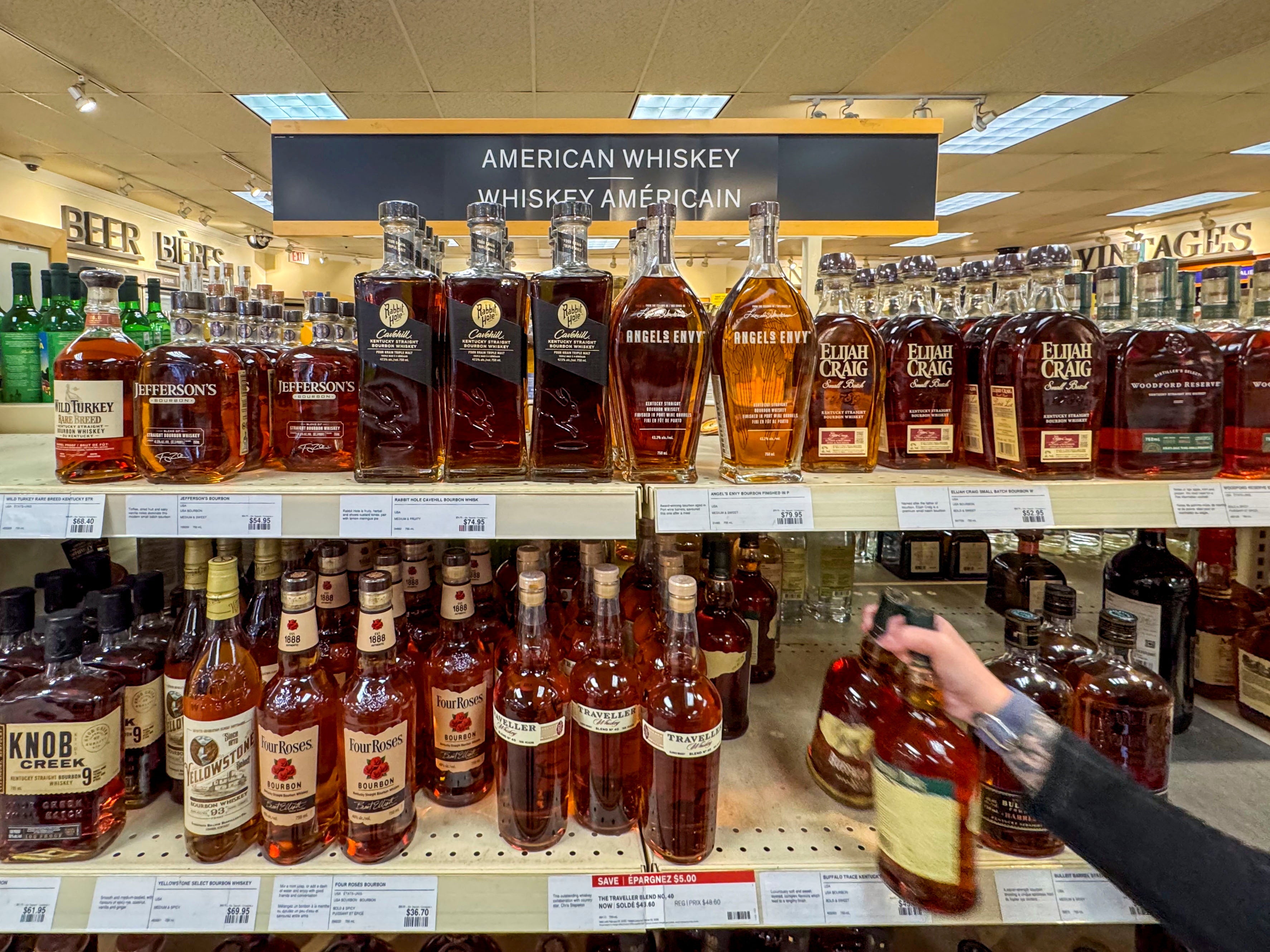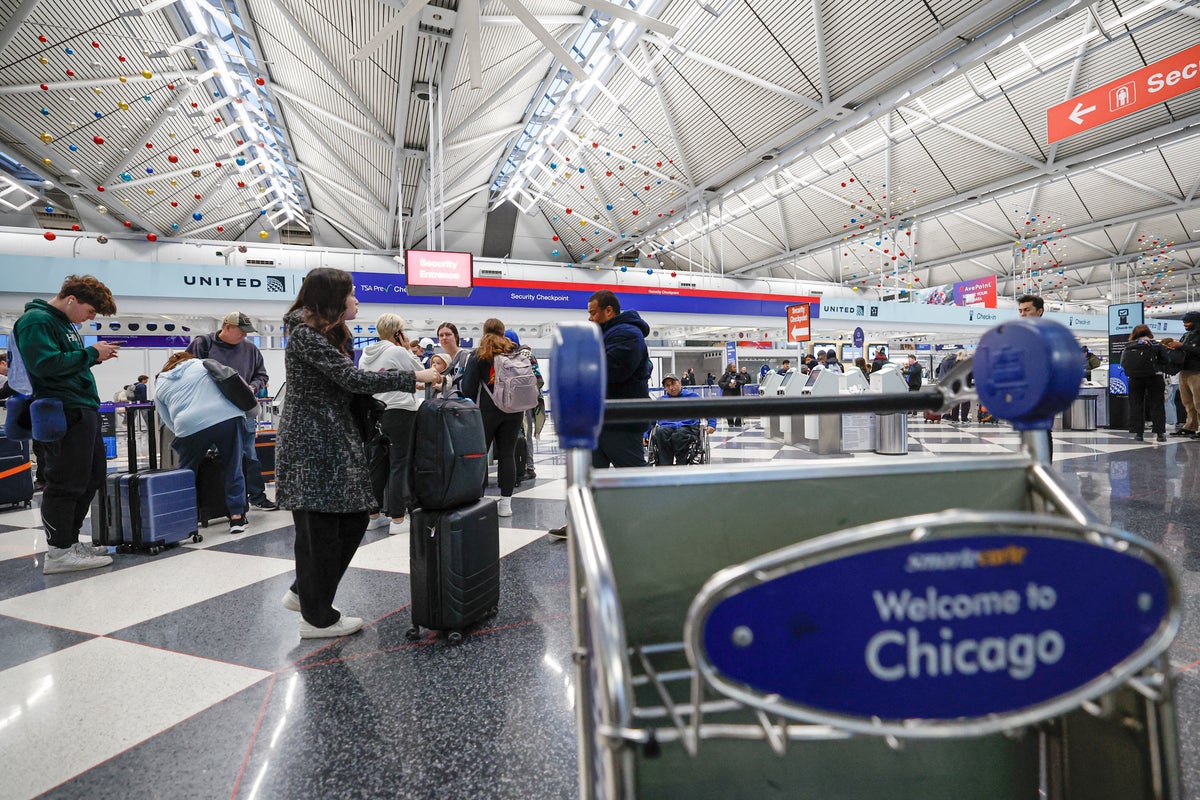Exports of American spirits plunged in the second quarter of 2025, according to a new report, with a massive 85 percent drop in liquor exports to Canada, largely attributed to President Donald Trump’s tariffs.
The midyear report from the Distilled Spirits Council of the U.S. indicates American distillers are feeling the economic impact of significant trading partners boycotting U.S.-made whiskey, brandy, vodka, and cordials.
Last year, exports to Canada, the European Union, the United Kingdom and Japan accounted for 70 percent of the U.S. spirit exports. But those exports are now down 85 percent, 12 percent, 29 percent, and 23 percent, respectively.
Although Canada removed its retaliatory tariffs on U.S. spirits in August, most Provinces have maintained their ban on spirit sales. That’s led to the dramatic plummet to below $10 million in exports in Q2.
“After celebrating a record year for U.S. spirits exports in 2024, this new data is very troubling for U.S. distillers,” Chris Swonger, the president and CEO of the Distilled Spirits Council of the U.S., said in a statement.

“Persistent trade tensions are having an immediate and adverse effect on U.S. spirits exports. There’s a growing concern that our international consumers are increasingly opting for domestically produced spirits or imports from countries other than the U.S., signaling a shift away from our great American spirits brands,” Swonger added.
He called on Trump to “facilitate a lasting return to tariff-free trade” with some of the U.S.’s largest trading partners.
But it’s unclear if the president plans to do so anytime soon. Unlike other countries, Canada has yet to strike a trade deal with Trump.
During a meeting with Canadian Prime Minister Mark Carney Tuesday, the president said there was “natural conflict” between the U.S. and Canada but that the northern neighbor would “walk away very happy.”

“The people of Canada will love us again,” Trump announced.
The president has imposed a 35 percent tariff on Canada, for what he believes is the country’s flood of migrants and fentanyl into the U.S., despite data refuting the claim. Additionally, Trump has imposed tariffs on alumninum, steel, lumber, and cars as well.
Trump has also repeatedly claimed Canada’s trading deficit with the U.S. hinders American jobs.
Tom Bard, a craft distiller from Kentucky, told the Associated Press that Trump’s tariffs, announced in April, threw a wrench in his plans to expand sales in provinces outside of British Columbia and Alberta.
“Even though things have eased up, we still are not back on the shelf in Canada,” Bard said. “Probably won’t be for a good long while.”



.jpeg?trim=0,0,0,0&width=1200&height=800&crop=1200:800)